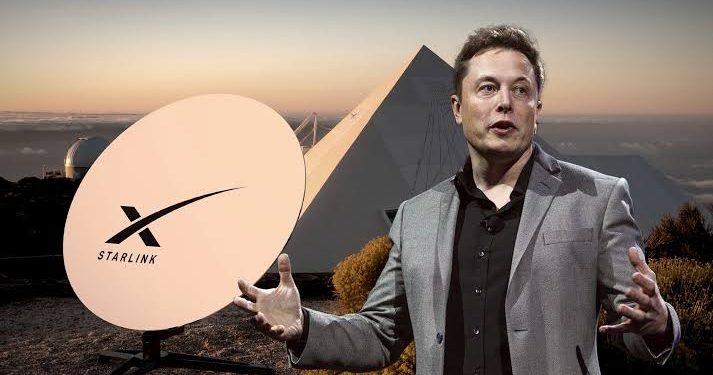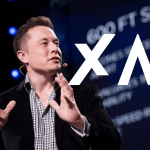Satellite internet provider Starlink, operated by Elon Musk’s aerospace company SpaceX, has announced a fresh increase in its monthly subscription charges for Nigerian users. Beginning May 30, 2025, existing subscribers will pay N57,000 per month for the Residential plan. The announcement was made via an email sent to subscribers, which was confirmed.
The price change takes immediate effect for new customers, while existing users have until the end of May before the adjustment kicks in. In its communication, Starlink assured users that they have the option to cancel their subscription at any time through their account dashboard. For those reconsidering the service, Starlink offered a full refund of the hardware and service if the device is returned within 30 days of purchase, and a half refund on the hardware if it was purchased within the last year.
This development adds to Starlink’s ongoing efforts to recalibrate its pricing model in Nigeria, a market that has shown both interest and sensitivity to premium internet services. While many Nigerian users had initially embraced Starlink for its high-speed satellite-based connectivity, particularly in areas with poor traditional broadband infrastructure, the rising costs may now cause some users to reconsider.
This is not the first time Starlink has attempted to raise prices in Nigeria. On October 1, 2024, the company announced plans to raise its monthly subscription fee to N75,000. However, the move was heavily criticized by the Nigerian Communications Commission (NCC), which described the increase as a unilateral decision that violated the country’s telecommunications pricing regulations. Following the backlash, Starlink suspended the planned hike.
Later, on December 28, Starlink issued another notice of price adjustment, indicating that a new pricing model would begin on January 27, 2025. That increase also failed to take effect, raising questions about the company’s pricing strategy and its compliance with regulatory expectations in Nigeria.
The latest increase to N57,000 suggests that Starlink may be seeking a middle ground—lower than the N75,000 initially proposed, but still significantly higher than previous rates. It remains to be seen how this change will impact subscriber numbers, particularly in a country where affordability remains a major concern for internet access.
The new pricing structure could affect individuals and small businesses that have come to rely on Starlink for fast and reliable internet, especially in underserved and remote communities. While the company’s offering is still among the most advanced in terms of coverage and speed, affordability may become a growing barrier.
Industry watchers and consumer advocates will be paying close attention to whether this adjustment draws a response from the NCC, which has previously acted to ensure that internet providers do not impose changes that breach consumer protection guidelines.
As digital connectivity becomes increasingly important for work, education, commerce, and everyday communication, the tension between service quality and pricing is expected to remain a central issue in Nigeria’s internet landscape.










